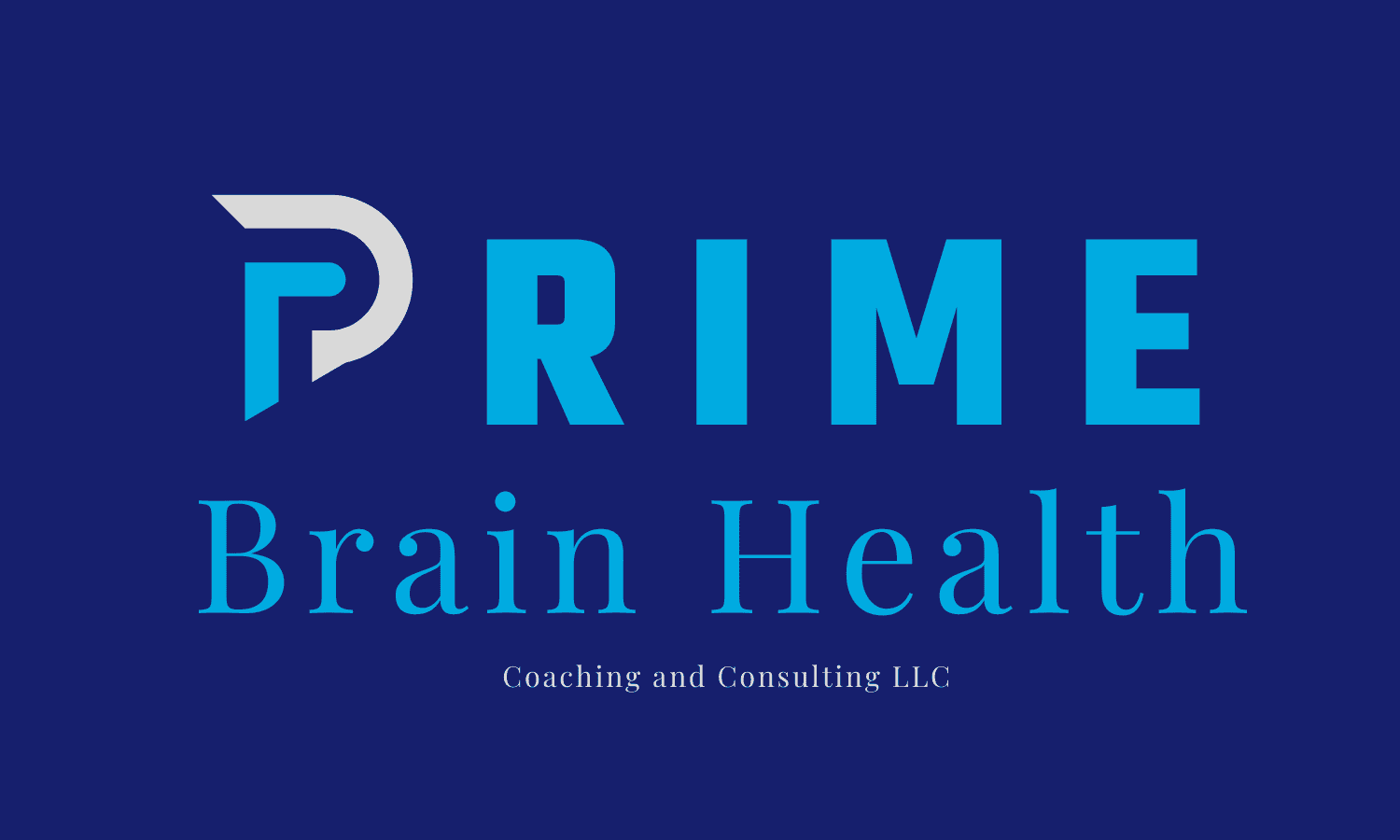What is the MIND Diet
The MIND diet stands for Mediterranean-DASH Intervention for Neurocognitive Delay. It was first developed around 2015 exclusively to help enhance brain health. It has been found in numerous studies to correlate with improved brain health.
Support for the MIND Diet
There have been a number of studies showing support for the MIND diet on brain health. A 10-year long study showed that people who had highest levels of adherence over 10 years (scores in the top third of the group)- had a 7.5 year slowing of their cognitive aging compared with people with scores in the lowest third of the group. People in top third over course of 4 years also had a 53% reduced risk of developing Alzheimer’s Disease (AD). It even showed that partial compliance was beneficial. Those people with scores in middle third of group still had a 35% reduced risk of developing AD.
Other studies have found higher adherence to the MED, DASH, MIND diet is associated with less cog decline and lower risk of AD, with the strongest associations found for MIND diet. Other studies have found higher adherence to the MED, DASH, MIND diet is associated with less cog decline and lower risk of AD.
MIND Diet Components
Daily
- Six or more servings of green leafy vegetables per week
- One or more servings per day of other vegetables
- Especially cruciferous vegetables such as broccoli, cauliflower, and cabbage
- Other nutrient-dense options including carrots, asparagus, celery, onions, mushrooms, zucchini, and sweet peppers
- Three servings of whole grains per day
- Nutrient dense whole grains include quinoa, brown and wild rice, oats, cornmeal, popcorn, millet, and farro
- Olive oil is the primary oil
Weekly
- Five or more servings of nuts per week
- Especially walnuts but also other nutrient-dense nuts including almonds, cashews, and pecans
- Four or more servings of beans and legumes per week
- Nutrient dense legumes include black beans, chickpeas, edamame, lentils, tofu, and lima beans
- Two or more servings of berries per week
- Nutrient-dense options include blueberries, blackberries, acai berries, raspberries, and strawberries
- Fresh berries provide greater amounts of nutrients such as flavonoids than frozen berries. However, either option is beneficial and frozen berries are often more economical.
- Two or more servings of poultry per week
- Chicken, turkey
- Preferable without the skin and not fried
- One or more serving of seafood per week
- Nutrient-dense options include salmon, sardines, scallops, herring, lake trout, shrimp, and squid
Foods to Limit
- Red meats
- Aim for no more that three 3-5 ounce (85-140 g) servings per week
- Limit saturated fat content as much as possible
- Butter and stick margarine
- Contains saturated and trans fats
- Try to consume less than one pat (1.5 teaspoons) per day
- Cheese
- A primary source of saturated fat
- Try to consume no more that 1-2 ounces of whole-fat cheese per week
- Consider replacing whole-fat cheeses with low-fat options such as part-skim cheeses and cottage cheese
- Note: Although no consistent evidence on the role of dairy products in dementia risk, low-fat milk and yogurt are recommended to reduce saturated fat intake
- Pastries and sweets
- Fewer than five servings per week
- Fried or fast food
- Less than one serving per week
- Recommended to reduce saturated and trans fats

